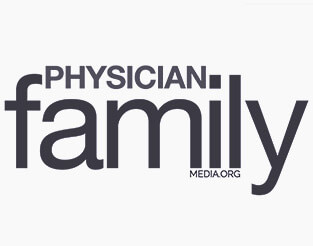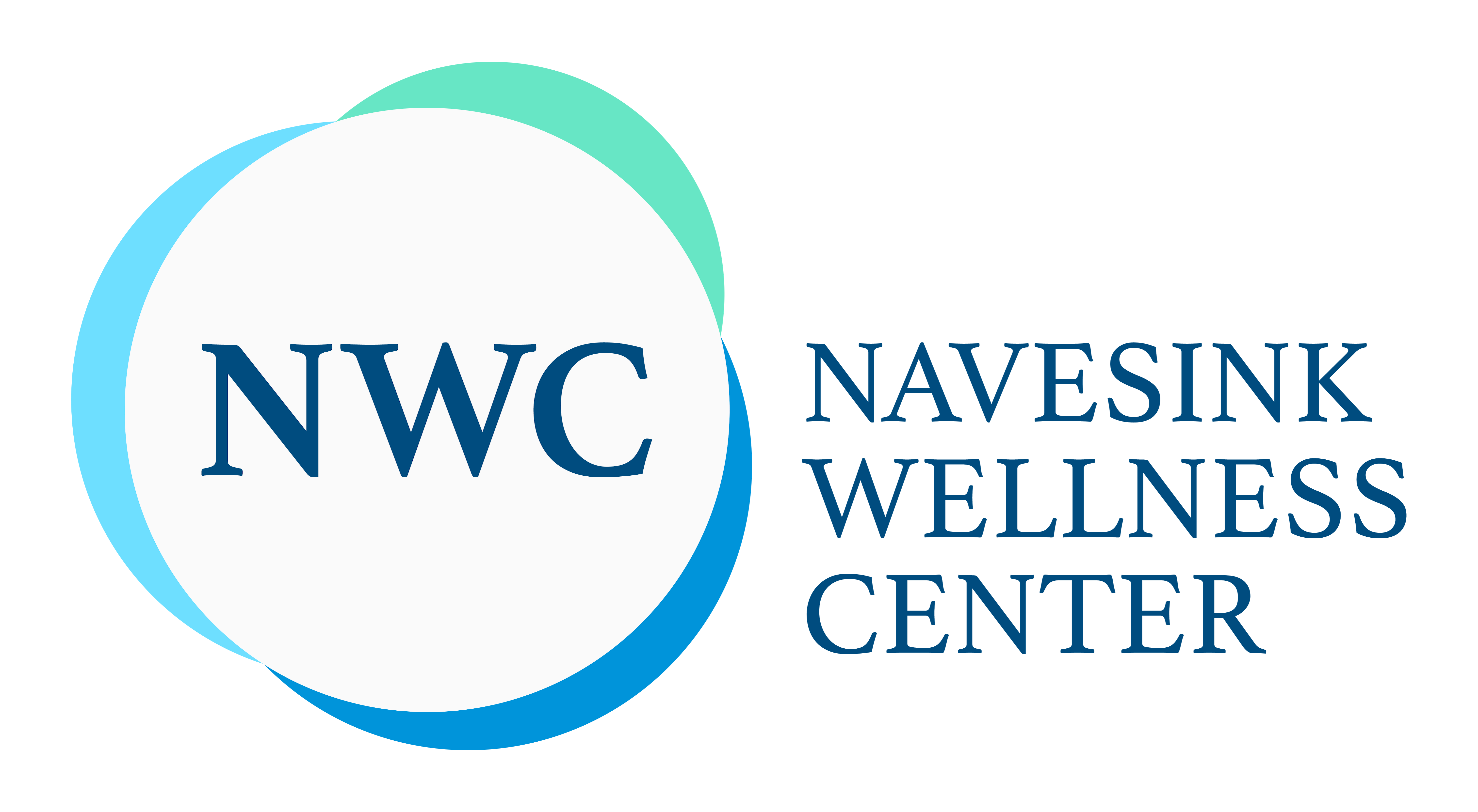As Seen In







Most women believe they are well versed in what “healthy eating” looks like. Yet the reality is, everyone’s body is different. What’s healthy and nutritious for one person can cause negative reactions in another. Furthermore, your mental and physical health is affected by your diet, just as your views and values are shaped by your experiences. So once you understand how specific foods affect the functionality of your minds and body, you gain greater understanding and control of your overall health.
At our wellness center in NJ, we work on a comprehensive approach to understanding the dietary needs of your body, focusing on improving energy, metabolism, mood, and overall stability.







At Navesink Wellness Center, we believe that nutrition is the foundation of good health. Our nutritional counseling services offer:
Gut health is crucial for overall wellness. The gut is home to trillions of microorganisms that affect many aspects of health, including digestion, immune function, and even mood. Here’s how maintaining a healthy gut can benefit you:
A growing body of research shows a strong link between diet and mental health. Nutritional counseling can play a key role in managing and improving mental health conditions. Key dietary factors include:
Nutritional counseling at Navesink Wellness Center can assist with a wide range of health concerns and goals, including:
At Navesink Wellness Center, we take a holistic and integrative approach to nutritional counseling:
